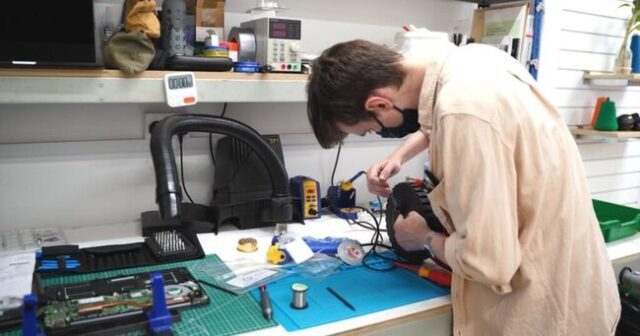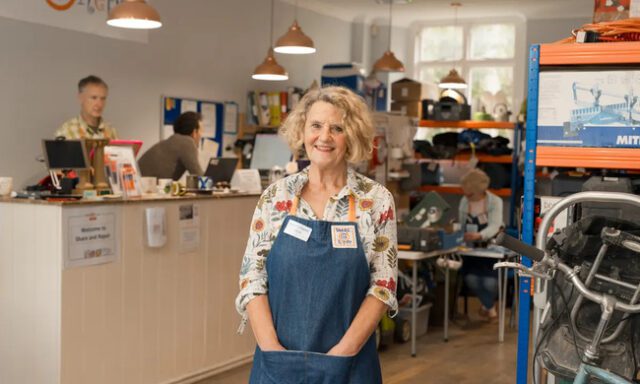
In the UK, despite being the world’s second-largest generator of electronic waste per capita, a thriving subculture of Repair Cafes and social groups is working to mitigate this issue. There are 580 repair cafes regularly hosting events where volunteer fixers collaborate with community members to repair household items like toasters, electronics, coffee makers, and lamps. This initiative not only helps reduce the volume of e-waste but also fosters community engagement and skill-sharing. According to a featured story in the Guardian, these gatherings offer numerous benefits, including reducing landfill waste, lowering carbon emissions, preserving old skills, and combating loneliness among participants. Stefania Fantini, a 59-year-old sound engineer, emphasizes the importance of sharing repair knowledge, particularly through her group, Rosie the Restarter, which focuses on empowering women and non-binaries to learn and practice repair skills.

Organizations like the Restart Project play a crucial role in this movement, coordinating repair cafes and advocating for legislative changes under the Right to Repair Europe banner. They highlight that millions of tons of electronics are discarded annually due to a lack of repair knowledge, the convenience of cheap replacements, the decline of traditional repair shops, and the intentional design of products to be difficult to repair. Through initiatives like Restart Parties, the Restart Project aims to educate communities on the importance of repair, extending the life of household items, and reducing environmental impact. In places like Islington, London, they work tirelessly to establish accessible repair cafes, promoting a culture of repair and reuse. These efforts are not only about fixing broken items but also about building a sustainable and connected community, as exemplified by their success in repairing nearly half of the items brought in during their events, significantly cutting down on carbon emissions and landfill waste.














